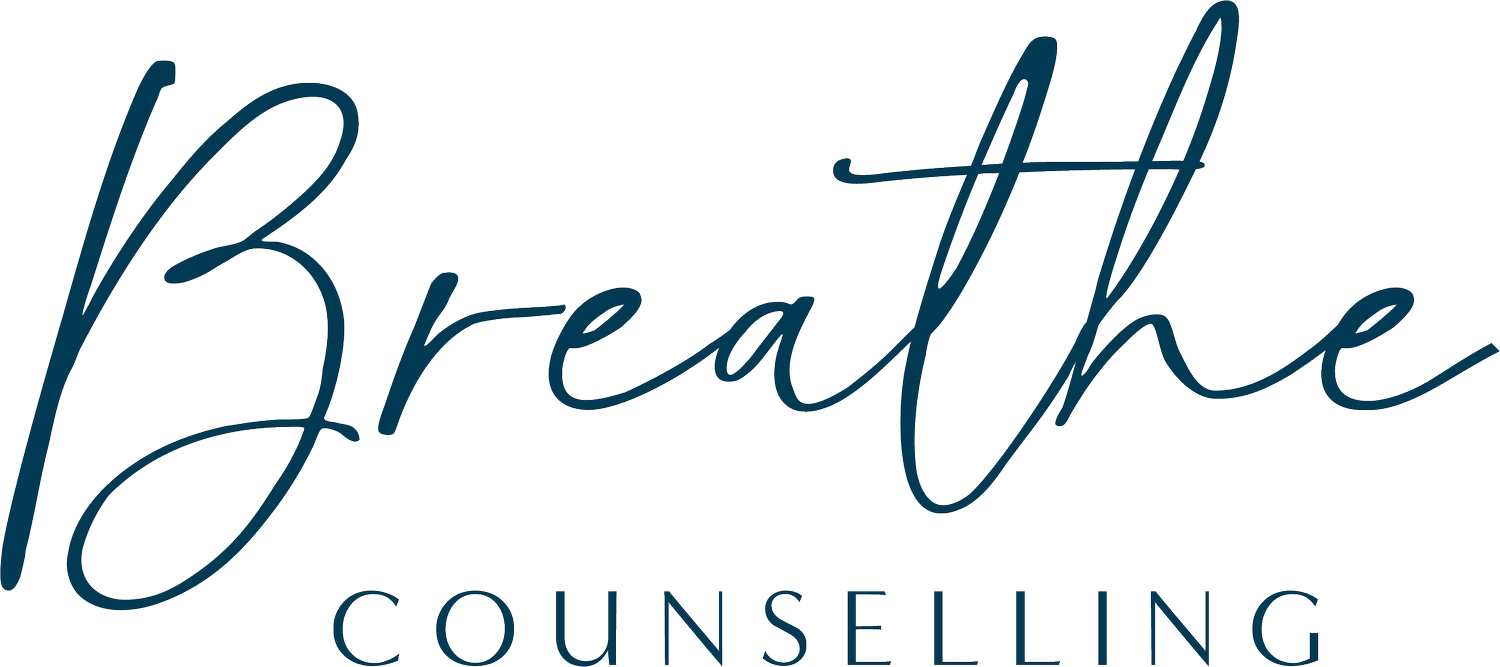All Services
Aman has experience providing holistic and therapeutic strategies in the following areas of mental health and individual wellness:
-

Work Stress Management
From daily demands of work and family life, one can feel pulled in different directions that may result in prolonged stress or irritability. Counselling techniques can help face concerns that affects your life. and provide ways to help with the stress and burnout through leaning about what will calm your body, mind and emotions.
-

Anxiety & Depression
If you’re feeling low, sad or hopelessness, longer than two weeks, even when positive moments and experiences don’t make an impact, you could be experiencing signs of depression. Evidence based techniques used for depression can be motivation therapy, strength based, solution focused, person centered care and cultural sensitivity,
-

Men’s Mental Health Management
Fear and shame around cultural and societal beliefs of men’s roles prevent them from accessing support, causing depression, anxiety, addictions, and work & relationship stress. A goal-oriented approach, narrative therapy, and shifting perspective can help bring a better quality of life for men seeking resolution and purpose.
-

Chronic Disease & Pain
Being diagnosed with disease or pain can be difficult to deal with and even more challenging having to explain it to someone who may not relate. Counselling can help you acknowledge your thoughts, fear and uncertainty of your medical diagnosis. Through solution focused, strength based and motivational counselling, we help you work through the chronic disease or the pain that may inhibiting a ‘normal’ life.
-

Elderly Care Giver Support
When we become caregivers to an elder, our daily responsibilities and we may feel overwhelmed, causing anxiety and stress. Counselling that entails supportive and active listening and emotional focused therapy can provide a caregiver the space to open up to bring clarity with releasing their emotions with someone neutral and compassionate amongst the challenges being faced by the caregiver.
-

Family & Group Sessions:
Family counselling mends communication issues in a safe and controlled space. Research shows that with family counselling, comes with a better understanding of each member’s role creating specific patterns and dynamics. Family sessions can also bring better communication, discuss problem solving techniques, reduce tension and generate trust and support back into the family dynamic.
-

Couples Counselling & Relationships
Relationships are hard whether it be marriage, friendships, parental or work. If you are trying to sort out a disagreement, withdrawing from interactions, have trouble making decisions or difficulty expressing feelings, counselling can be helpful. Narrative therapy can provide a sense of validation, and can help find ways to clear the mind, look at the conflict from a different perspective and brainstorm solutions.
-

Life Transitions, Grief & Loss
Change is one of the hardest things to accept and deal with. Coping with loss comes with different emotions and feelings. Emotion focused therapy allows you to open up in the best way you know how without restriction. Therapy can help you adapt to new roles, routine changes, or figure out a new way of living, even better preparing you for future transitions.


